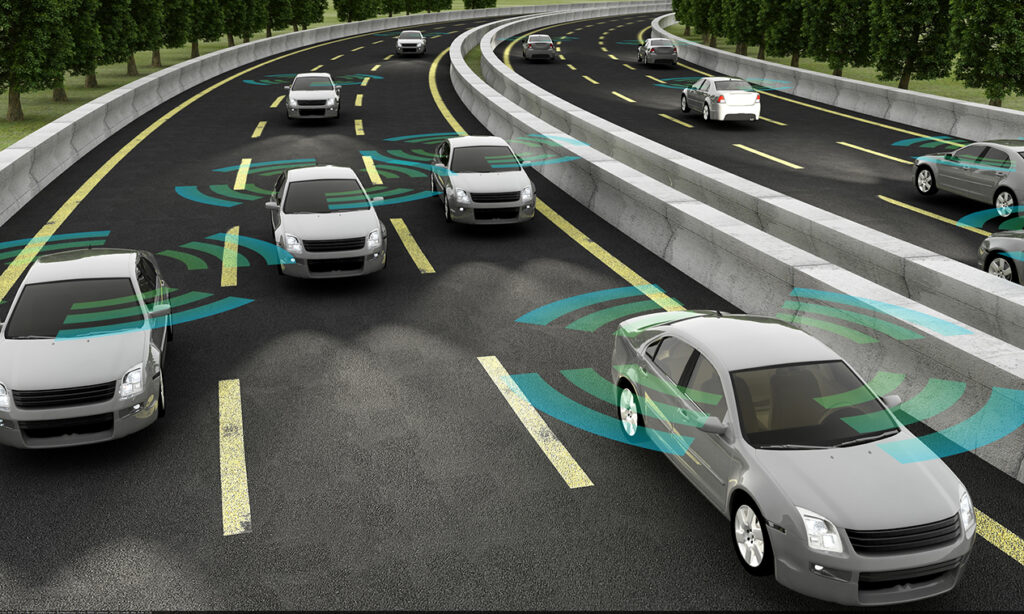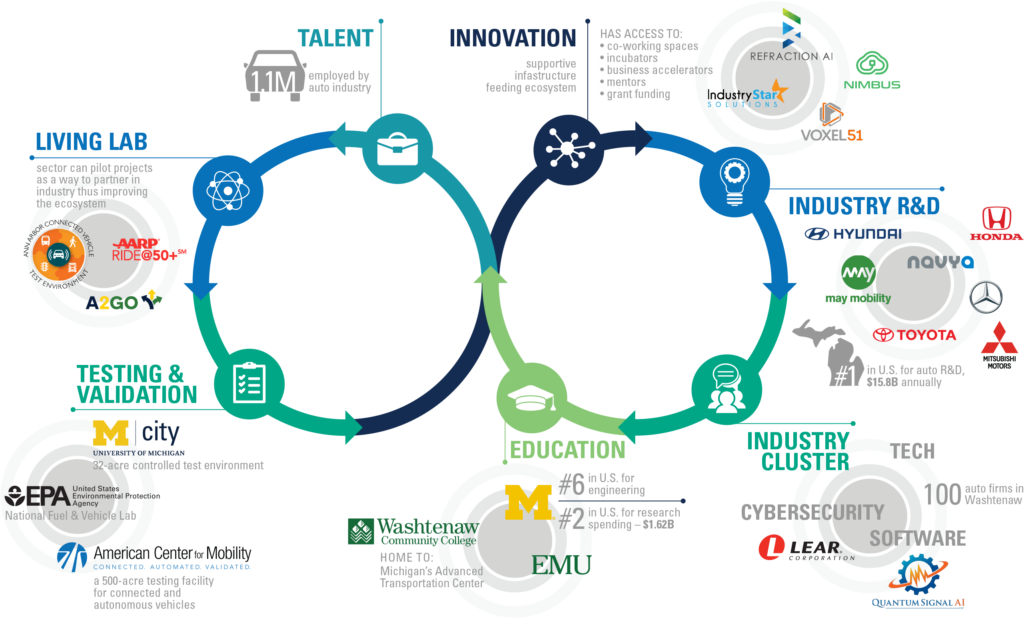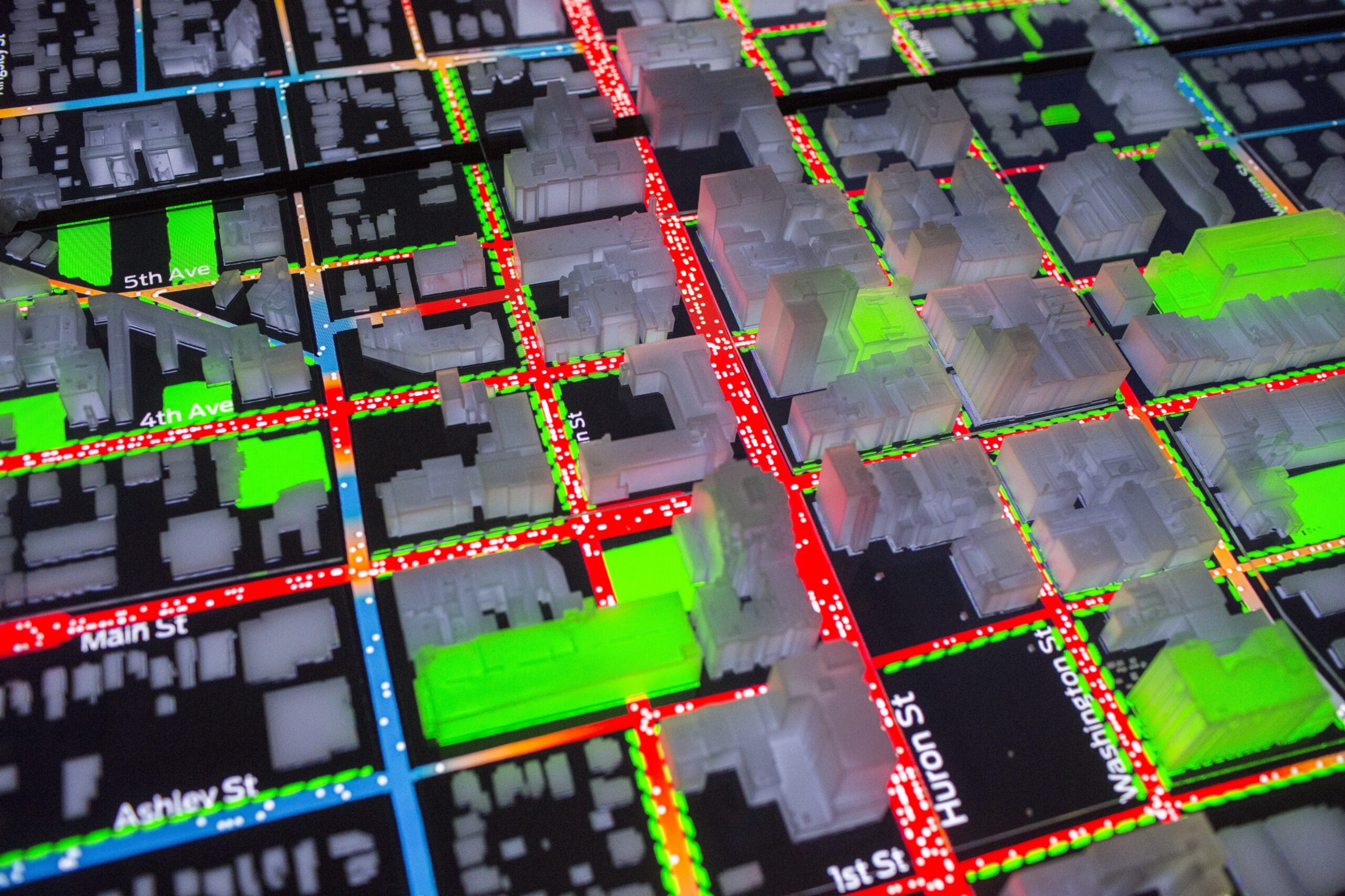
With the recent news that TechStars Detroit is shuttering its accelerator (which initially launched dedicated to mobility startups), some have suggested that investment and interest in mobility innovation are waning. In Ann Arbor, Michigan our experience has been the opposite. Mobility remains a hot topic with many of our clients creating products and services in this multifaceted sector.
Currently, Ann Arbor SPARK tracks 225 mobility-related companies in the greater Ann Arbor region. Furthermore, in the past five years, SPARK has held conversations with 29 companies from 12 international countries, further acknowledging that Ann Arbor is a key player on the global stage when it comes to attracting and retaining mobility companies to the region. One such example is Autaza which provides industrial quality control using computer vision and artificial intelligence. Headquartered in Brazil, Autaza used Ann Arbor SPARK’s business accelerator as a soft-landing space when opening its U.S. subsidiary in April 2019.

The Evolving Entrepreneurial Ecosystem
TechStars Detroit (née, TechStars Mobility) had its first cohort six years ago in Detroit. It was a great addition to the entrepreneurial ecosystem in southeast Michigan. TechStars Detroit welcomed companies from around the globe to participate in a three-month mentorship-focused accelerator program. The program offered these startups a way to engage with the industry of Detroit, but once the three months had concluded, most of the founders returned to their base of operations. One of the program’s most valuable legacies will be the network of mentors and advisors assembled during its tenure.
Thinking Beyond Transportation
Let’s take a step back to discuss briefly what we mean by mobility. So often, mobility discussion tends to focus on the singular solution of how we can more easily get places – like autonomous vehicles or flying cars. While the development of these solutions is indeed very exciting, mobility innovation extends far beyond the scenes from our favorite sci-fi movies. Many of today’s mobility startups actually fall into the mobility-as-a-service subsector that improves the way we access things by creating safer, more sustainable, and efficient solutions. These companies create products and services that range from pedestrian safety apps, autonomous delivery vehicles, drone deliveries, supply chain management, shared transit services, cybersecurity efforts, and more.
OEMs are Investing in Innovation
Part of TechStars Detroit’s model was to receive support from corporate supporters, which in turn helped fuel the startups participating in the program. While TechStars Detroit wasn’t able to secure 2020 funding, there are many signs that OEMs were doubling down on internal efforts. From acquisitions and investments to creating mobility-dedicated R&D centers, there are a number of key indicators that suggest OEMs are embracing the full spectrum of mobility innovation — with a lot of that focus happening in the Ann Arbor region. Ford Motor Company recognized Ann Arbor’s significance when it opened FordLabs here in 2018 and again in 2019 when it launched its City Insights Platform pilot program partnering with SPARK and the city of Ann Arbor. Ford also acquired Quantum Signal AI, a tech company building solutions for autonomous vehicles headquartered in Saline, just south of Ann Arbor, in the third quarter of 2019.
Ford isn’t the only OEM focused on the Ann Arbor region. Last year, Honda R&D Americas opened its Mobility Collaboration Garage here and Toyota invested $50 million in Ann Arbor-based May Mobility. Toyota, Mercedes-Benz, and Hyundai also have technical centers here.
Mentor Network: A Living Legacy
TechStars Detroit did establish a strong mobility mentorship network, of which Ann Arbor SPARK was an avid partner. We are excited to help maintain that network moving forward, and welcome new industry partners to work with us. One way for entrepreneurs, OEMs, academics, and funders to connect with others in the mobility space is to attend the annual Ann Arbor Mobility Summit which showcases the visionary efforts and research happening in the region. Other groups carrying on that legacy are the meetups A2 Mobility Tech and Planet M Mobility.
A Future of Mobility Collaboration
While we maintain Ann Arbor’s prominence as a destination for mobility innovation, Detroit is still revered as the Motor City and SPARK looks forward to future collaborations with the mobility visionaries based there. There are already great examples of what a future in mobility collaboration will look like between Ann Arbor and Detroit:
- The Regional Transit Authority and Ann Arbor Area Transit Authority have announced a pilot connecting Detroit and Ann Arbor through an express bus service in 2020.
- Mary Culler, president of the Ford Motor Fund, presented at the Detroit Policy Conference in late January and highlighted Ford’s vision for a mobility corridor between Ann Arbor and Corktown.
- The University of Michigan will anchor the Detroit Center of Innovation located in the Midtown neighborhood of Detroit. The center will feature academic space, incubation office space, residential units, a hotel, and conference and event space.
- Silicon Valley-based accelerator Plug and Play recently announced a new location dedicated to automotive mobility in Detroit.
Southeast Michigan emerged as a global destination for mobility because the ecosystem is continuously putting in the time, effort, and resources to make it so. While Ann Arbor SPARK remains an engaged partner locally, regionally, and nationally, it prevails as a trailblazing home for mobility visionaries.
